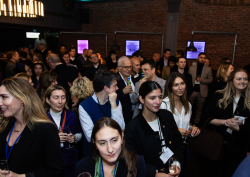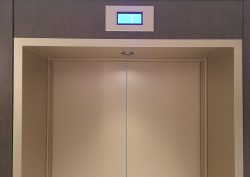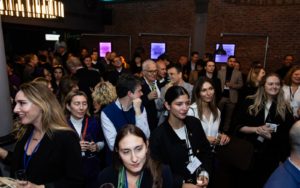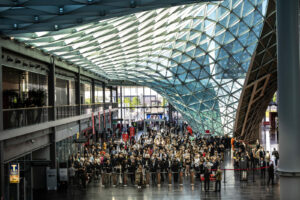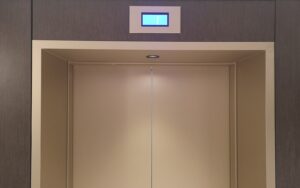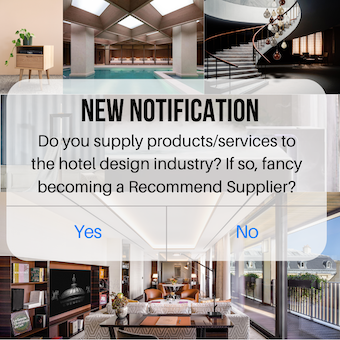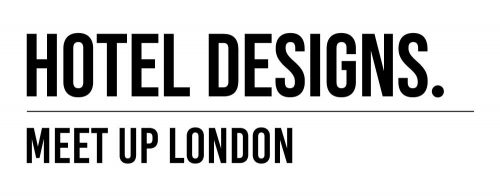Founder of DataThinkLab, Melanie Rozencwajg, is on a mission is to help boutique hotels and chains unlock the potential of their data. In a series of articles for Hotel Designs Rozencwajg talks us through some of the tech touchpoints to get data to maximise your creativity…
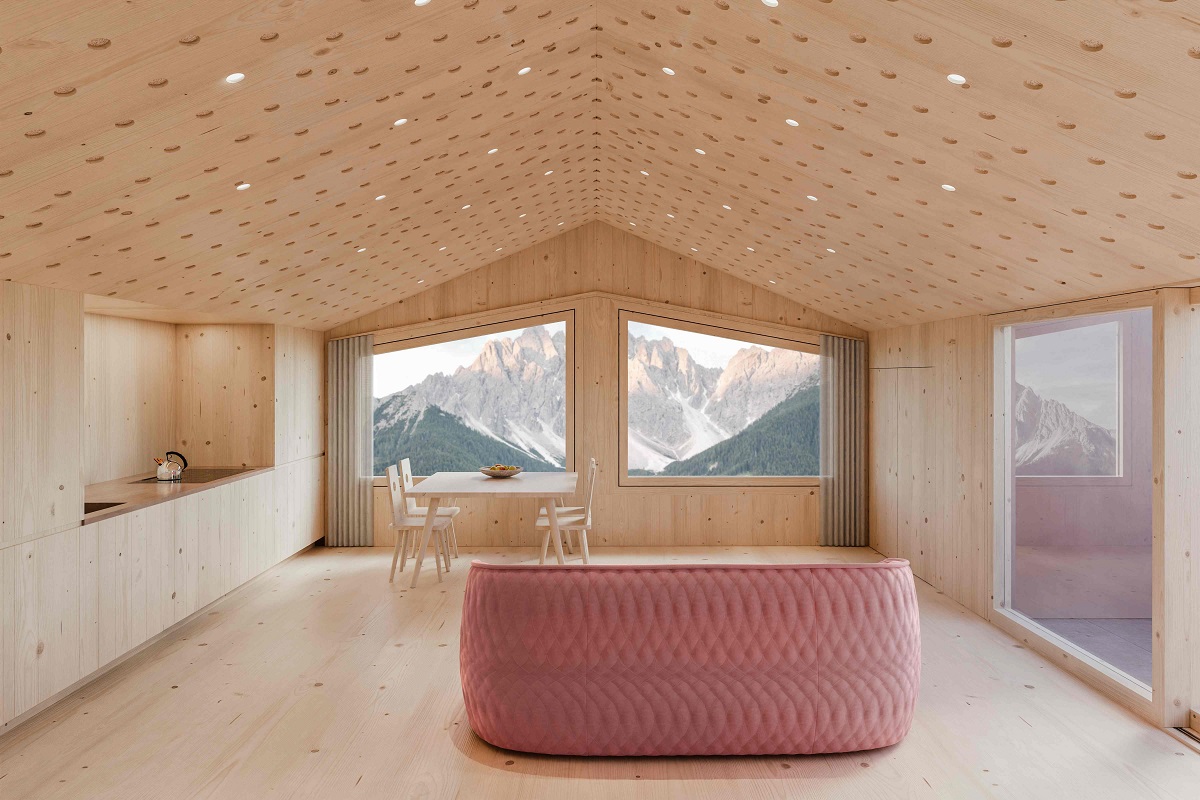
In an era where data is often likened to new oil, the hospitality industry faces a significant challenge: how to navigate the complex maze of information. Our IT infrastructures are capturing more data than ever before, but how do we make sense of this digital jungle to extract valuable insights? In this article, the first in a series of three, we will explore two key areas where data analysis will be crucial for the hospitality industry in the coming years of data ‘democratisation’ and creativity.

Image credit: DataThinkLab
Democratisation of data and AI: opening new doors
Modern technology has transformed archives from physical storerooms into streams of digital code. This shift from a neatly ordered world of archives, governed and curated, to today’s vast expanse of unstructured digital data presents both daunting challenges and untapped opportunities. In the past, archives were well-guarded treasures, meticulously sorted and managed by figures of authority. Fast forward to the present and we find ourselves in a world where data is abundant yet chaotic, no longer under the strict control of these gatekeepers.
How does this shift from order to abundance impact the hospitality industry? It poses a unique challenge – the ability to discern valuable insights from an overwhelming sea of information. Today, we estimate that 70 per cent of gathered data goes unused. At DatathinkLab we strongly believe that those who master this skill, turning data chaos into a structured and insightful narrative, are set to lead the future of the hotel industry. Embracing a human-centric approach and using tools like natural language processing and no-code app development is revolutionising data analysis. These advances democratise data, enabling more players in the hospitality sector to harness analytics and to turn complex data into strategic assets.
Data strategy, once the preserve of larger groups and chains due to high costs and time demands, is now more accessible thanks to data democratisation. This shift doesn’t replace traditional analysis but opens it up to boutique hotels and smaller chains, allowing them to engage in data strategies that were previously beyond their reach.
The counterpoint to this increasing accessibility to, and profusion of, data, is the increasing concern around data security and privacy. We all face the challenge of handling data sensitively. The responsibility and accountability for ethical data collection and use is a significant question – is it the duty of the SaaS platform creators or those designing guest experiences? Personalised experiences must strike a balance between guest comfort and innovative data use.
Data: No longer just for geeks
The challenge today is finding clarity amidst the ever-growing complex of information. With expanding volumes of data from Property Management Systems (PMS), SaaS platforms, websites, online reviews and external sources, the task is daunting. But it’s no longer just a playground for engineers and data scientists. Thanks to AI, individuals with diverse skills, including creatives, are joining the data game.
Helen Armstrong, in a recent podcast on ‘Designers Future, AI, data in Architecture and beyond’, shared how designers are becoming key players in the tech world. Their approach to problem-solving, while prioritising human needs over technological limitations, introduces a refreshing perspective into data analysis. Designers possess a unique skill set allowing them to focus on the problem at hand. They can analyse data creatively and think outside the box to discover opportunities that might otherwise be overlooked. For instance, understanding the reasons behind certain ‘outlier’ data, such as hotel guests opting for unusually long stays, could unveil new business opportunities.
Stay tuned for the next article, where Melanie Rozencwajg will present compelling case studies showcasing data as a catalyst for innovation in both boutique hotels and other sectors.
This will be followed by a third article, delving deeper into how AI opens up new opportunities for non-coders to enter the matrix of data analysis, while highlighting the inherent risks, limitations and ethical challenges.
Main image credit: Atto

